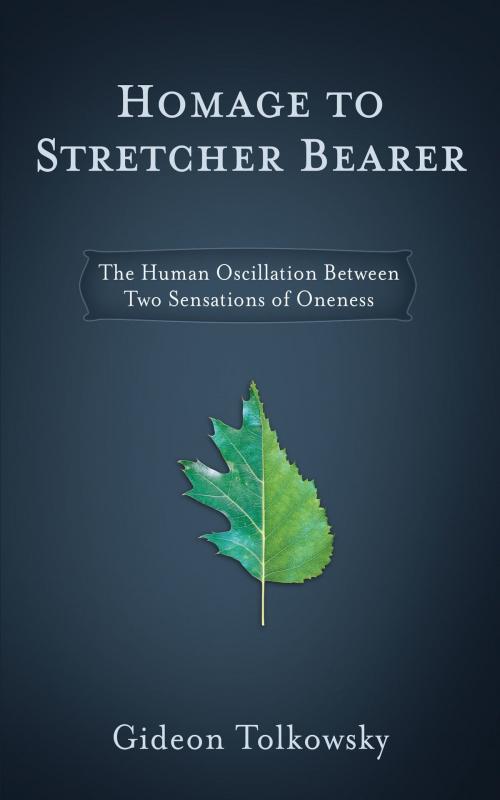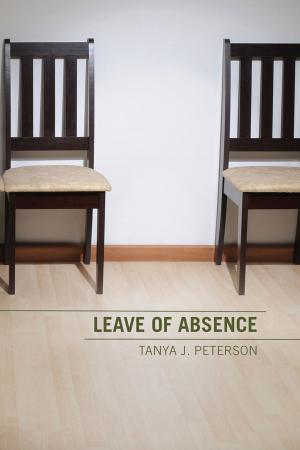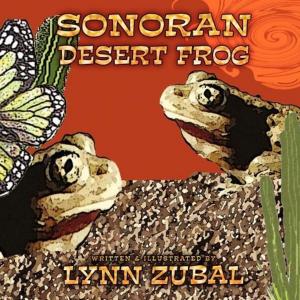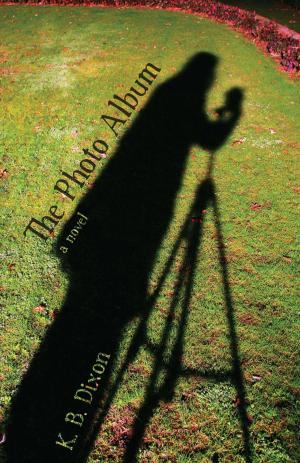Homage to Stretcher Bearer: The Human Oscillation Between Two Sensations of Oneness
Nonfiction, Religion & Spirituality, Philosophy| Author: | Gideon Tolkowsky | ISBN: | 9781592997510 |
| Publisher: | Inkwater Press | Publication: | February 22, 2012 |
| Imprint: | Language: | English |
| Author: | Gideon Tolkowsky |
| ISBN: | 9781592997510 |
| Publisher: | Inkwater Press |
| Publication: | February 22, 2012 |
| Imprint: | |
| Language: | English |
This book is about two different sensations of oneness that occasionally engulf us. One is often correlated with Oriental culture, the other with the Western worldview. "Oriental oneness" is a mystical perception of wholeness, which entices us to merge with an infinite void while annulling the self. In contrast, "Western oneness" is an intellectual sense of awe in the face of the grand scheme of things, which sooner or later requires us to make ethical choices. At times we spontaneously gravitate toward one and at times toward the other. This book advocates that both sensations of oneness are not only legitimate but are essential to our well-being. We are not obliged to choose between them. Nature has blessed us with the capacity to constantly oscillate between the two and make the best of both. This is a timely message, well suited to the increased interest we take in both "halves" of our inner composition. It also points at what our evolutionary path may hold for us in the Third Millennium.
This book is about two different sensations of oneness that occasionally engulf us. One is often correlated with Oriental culture, the other with the Western worldview. "Oriental oneness" is a mystical perception of wholeness, which entices us to merge with an infinite void while annulling the self. In contrast, "Western oneness" is an intellectual sense of awe in the face of the grand scheme of things, which sooner or later requires us to make ethical choices. At times we spontaneously gravitate toward one and at times toward the other. This book advocates that both sensations of oneness are not only legitimate but are essential to our well-being. We are not obliged to choose between them. Nature has blessed us with the capacity to constantly oscillate between the two and make the best of both. This is a timely message, well suited to the increased interest we take in both "halves" of our inner composition. It also points at what our evolutionary path may hold for us in the Third Millennium.















